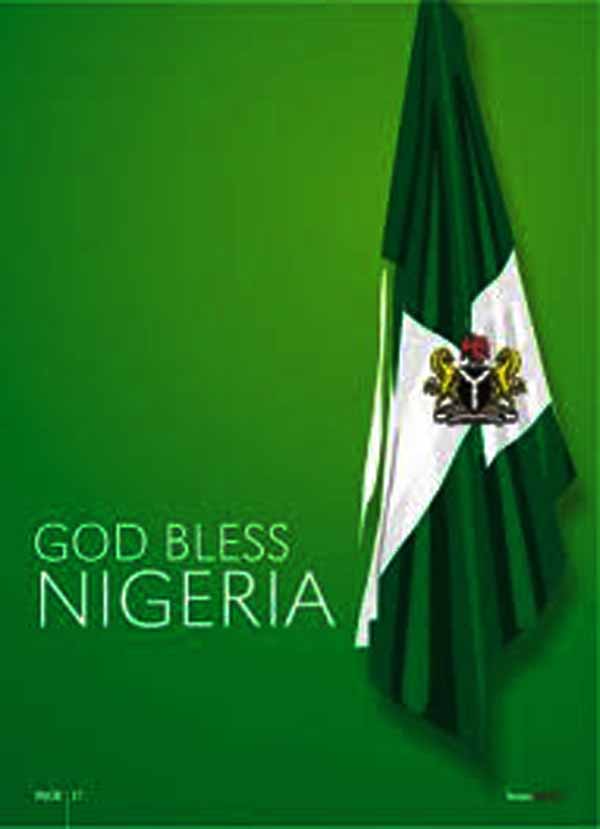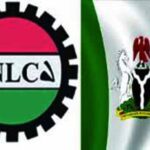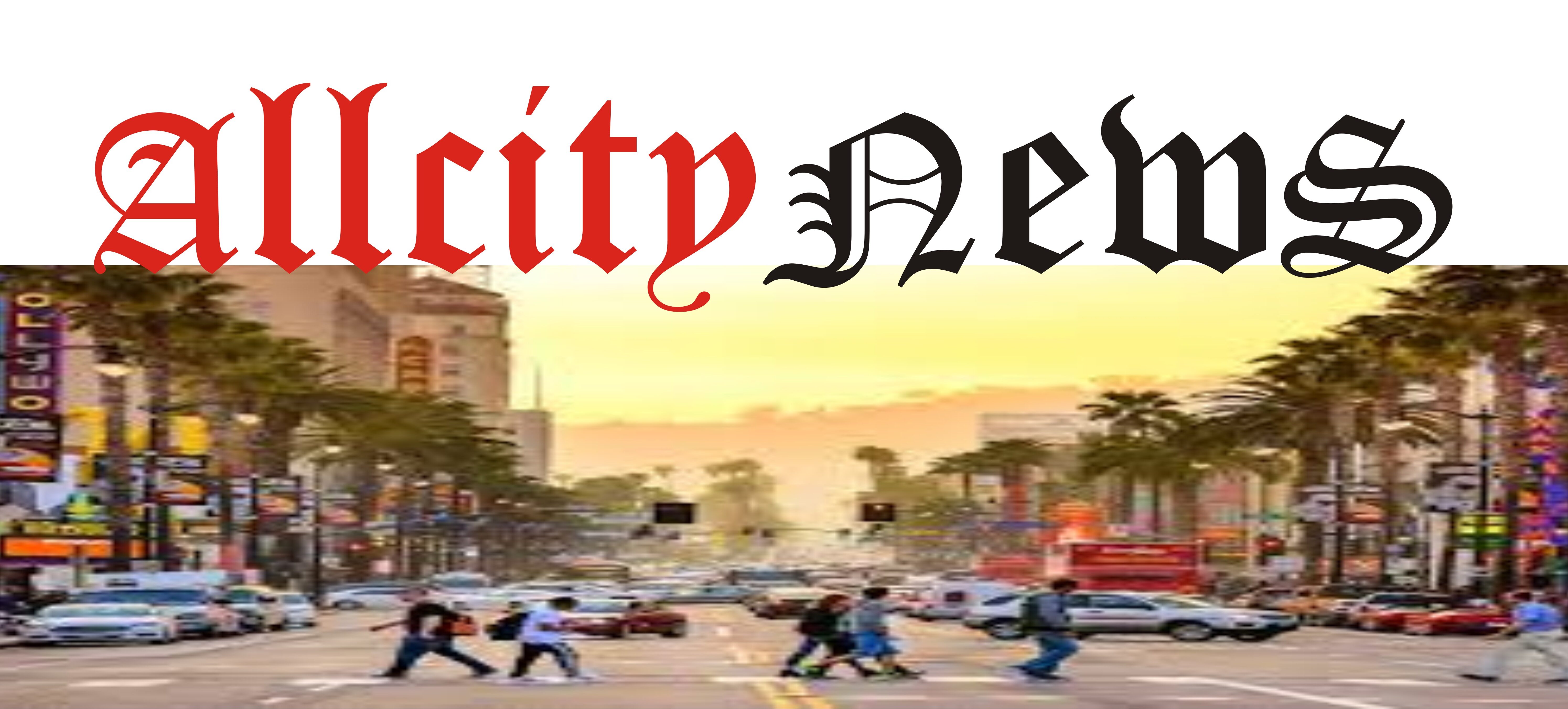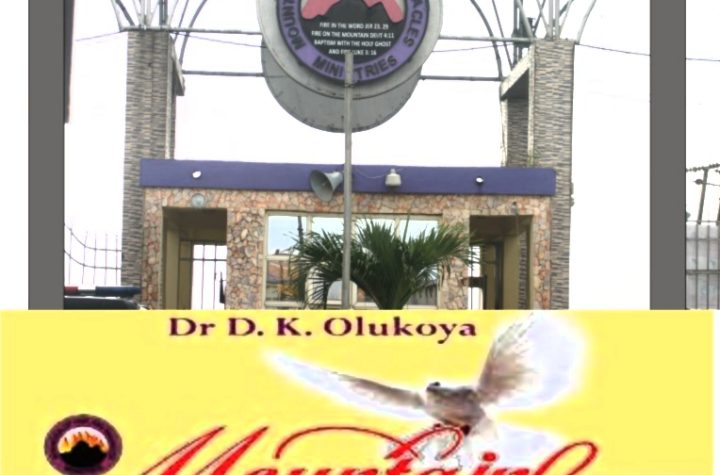
By Ibrahim Muhammed
The ban placed on pilgrims from hajj participating countries by the Kingdom of Saudi Arabia due to COVID 19 pandemic has thrown public discourse on the economic impact and the networking effects the ban will have on hajj and Umrah industry. The reasons for reeling out such detailed outlook are primarily to draw the attention of the government to the plight of Hajj and Umrah industry that are worst hit.
Though the report is meant to draw the attention of relevant authority to the devastating economic impact on Hajj and Umrah industry we must put the fact on the record to avoid erroneous impression created and the possibility of referring to inaccurate analysis in future.
Nigerian Operators Loses N150Billion to 2020 Hajj Cancellation and airliners lose N50 billion in revenue due to hajj cancellation. “Nigerian airlines, tour operators and other service providers in the travel and tourism industry will lose an estimated sum of about N150billion following the Kingdom of Saudi Arabia’s decision to limit this year’s Hajj to residents only”. One report highlighted.
In a logical perspective, if we agreed that Nigeria Hajj Operators loses 150 Billion due to the ban on international hajj, then it means that Nigeria Hajj Operators could have a gain or generate revenue to the tune of N150 Billion naira if hajj takes place.
Let’s take the issue of “Nigerian Operators Loses N150bn to 2020 Hajj Cancellation” into custody and do in-house interrogations on the report.
Nigeria pilgrims that performed hajj 2019 falls within the range of 65,000 both State and Tour Operators. Let us concede that each pilgrim paid N1.5 million naira as hajj fare. The 65,000 pilgrims would have paid a total sum of N97.5Billion naira as the entire sum of money paid by Nigeria pilgrims during one hajj season.
Now let’s do the interrogation together using 2019 hajj fare as a template and N1.5 million hajj fares and see whether Nigeria Hajj Operators operates a ‘lifeless balance sheet” of N150 billion due to hajj cancellations.
The dollar components of 2019 hajj fare is about $4,834 (N1,479,442) amounting to 97.9% of the total hajj fare packages. The entire dollar component is being spent on offshore hajj services. The component with the largest share is the flight ticket which is $1,500 (N459,000) and constitutes 30.4% of the total package.
This money goes to both Nigeria and Saudi Arabia airline operators.
Max Airline, Flynas airlines are the two Major airlines that participated in ferrying Nigeria state pilgrims with Medview airline. This excludes 20, 000 pilgrims allocated to private tour operators.
Pilgrims’ accommodation in Makkah and Madinah was within $1,260 (385,695) and that is about 25.5% of the fare. The money also goes to the Kingdom of Saudi Arabia economy.
Other services rendered by Saudi Agencies include: Transportations within the Kingdom, Minna and Arafat Tent and other services amount to about $865. (N264,647) which takes 17.5% of the hajj fare.
This also entered the Kingdom of Saudi Arabia economy.
Basic Travel Allowance of $800 (N244,800) which constitutes 16.3 of the fare is spent on shopping in the Kingdom of Saudi Arabia. Feeding in Makkah, Madina, Masha’er and the Jeddah airport, constitutes another 7.5% and also this entered the credit side of the Saudi Arabia economy.
So, what is in for Nigeria economy?
Now the big issue. The entire local charges comprising of the pilgrim’s uniform, suitcase, , various admin charges and levies are the smallest part amounting to $140 (N42,889) constituting 2.8%. This is the only money that stays back home out of the entire hajj components. The profit made by Private hajj companies cannot exceed 150 – 200 per pilgrims for those Tour Operators that rendered commensurate services to their pilgrims.
Where do we get the N150 Billion loss?
Reporters do seek for ‘‘voices of experts in the field” whenever they are assigned to write a special report. Therefore, we should always be mindful of ‘expert’s opinion’ we give to Journalist.
In a factual sense, Nigeria economic stand to benefit from the ban on international because there is no capital flight this year. There will be no capital flight that could have further wounded the economy in addition to the injurious blow from COVID 19 pandemic.
Though, it is a fact that Nigeria Hajj and Umrah Industry has been badly affected by the COVID 19 pandemic. Independent Hajj Reporters, a civil society organisation which yours sincerely works for has been publicly and privately soliciting for assistance from relevant authorities, especially for private Hajj Tour Operators. This should not give room to overblown figures that may likely be used against the industry in future.
The real loser is the Kingdom of Saudi Arabia. The Hajj and Umrah industry contributed approximately $12 billion, or 7 per cent of the total GDP of the Kingdom of Saudi Arabia and 20 percent of its non-oil GDP.
The suspension of international pilgrims wills also impacts negatively on the primary sources of income to many of 1.9 million inhabitants living in Mecca. At least 45 percent of the people living in Makkah is made up of non-Saudis.that relied on bout 100,000 Hajj-related jobs for survival.
More importantly, If it is true that Nigeria Hajj and Umrah industry generates N150 billion per season, then the Orosanya report that calls for scrapping of NAHCON is right because, it means that Nigeria Hajj and Umrah industry are reaping so much gain from Hajj and Umrah and yet it allowed government at the centre to be paying for salaries and allowance of its staff and even carrying other responsibilities for hajj industry. We might have unconsciously shot ourselves in the foot.
Who needs COVID 19 Palliative?
NAHCON Commissioner for policy, personnel, management and finance Nura Hassan Yakasai,, confirmed in the story that “The second impact for us is the loss of revenue. Whatever we are doing as a commission is from the revenue generated during Hajj that we finance our budget. But unfortunately, this year’s Hajj did not take place and that has put us in a tight corner to finance some of our activities. The government takes care of our salaries and allowances, but it is from the revenue we generate that we finance some of our capital projects and logistic needs”.
“Budget is divided into two; there is offshore and onshore. The offshore is what we use when we go for Hajj in Saudi Arabia and since we are not going for Hajj this year that one is completely off. The onshore is the revenue that we generate from pilgrimage and it helps us to finance our activities as a commission. So, definitely the cancellation is going to affect us financially”.
This has confirmed my fear for 2021 hajj operations. Hajj 2021 will be conducted under new sets of rules and this requires adequate and comprehensive education and enlightenment for Hajj 2021 intending pilgrims. Where will NAHCON sources for funds for such financially inclined activities? The COVID 19 palliatives.
Finally, we need to think outside the box and reconfigure the channel in which the commission’s revenue flows in to be able to meet the obvious challenging facing the hajj 2021. This can be done by making wild consolations as earlier publicly requested by Independent Hajj Reporters.
There is no time for laxity because Hajj 2021 preparations commenced from the day the Kingdom of Saudi Arabia announced the ban on international pilgrims from hajj 2020. At the end of it all, it is better for Saudi Arabia to ‘lose billions’ (Not Nigeria) than to lose a single pilgrim to an avoidable and foreseeable circumstances.
Ibrahim Muhammed is the National Coordinator, Independent Hajj Reporters.













More Stories
How 10,000 benefited from second round of palliative in MFM Hqrs
Hunger Crisis: Nigerian Red Cross Society, Ecobank Nigeria partner for critical intervention
How to Spice Up Your Relationship with These Romantic and Fun Ideas:The Best Date Nights and Surprises for Couples